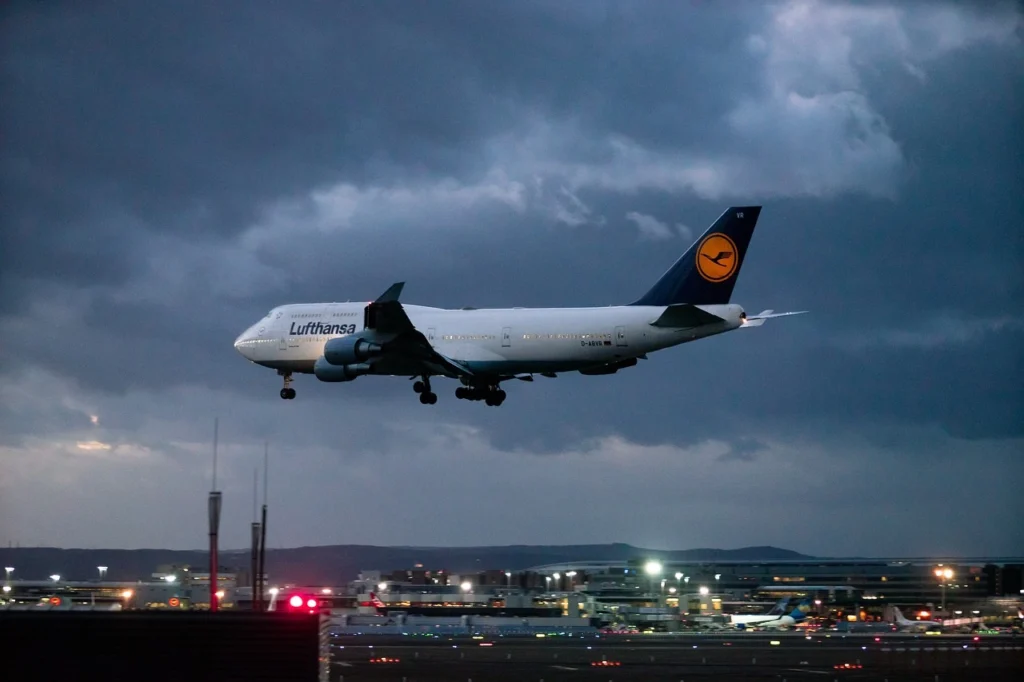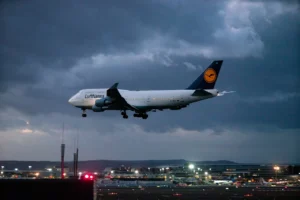Air travel, while incredibly convenient, can sometimes present frustrating and costly challenges. Flight disruptions, from minor delays to outright cancellations, are a reality of modern travel. When your carefully planned trip is thrown into disarray, understanding your rights and the potential for compensation becomes absolutely crucial. This comprehensive guide provides you with all the essential tips and information you need to navigate flight problems with confidence and secure the compensation you are entitled to. We will delve into the legal frameworks, practical steps to take, and common scenarios to ensure you are fully prepared for any eventuality.
Understanding your core rights as an air passenger
Knowing your rights is the first and most powerful tool you have when facing a flight disruption. Across many jurisdictions, especially within the European Union, robust regulations exist to protect passengers from the inconvenience and financial burden of airline failures. These regulations establish a clear duty of care for airlines, compelling them to provide assistance and, in many cases, financial compensation. This framework ensures that your journey, even when disrupted, is not entirely left to chance. A passenger who understands these protections can act swiftly and decisively to protect their interests.
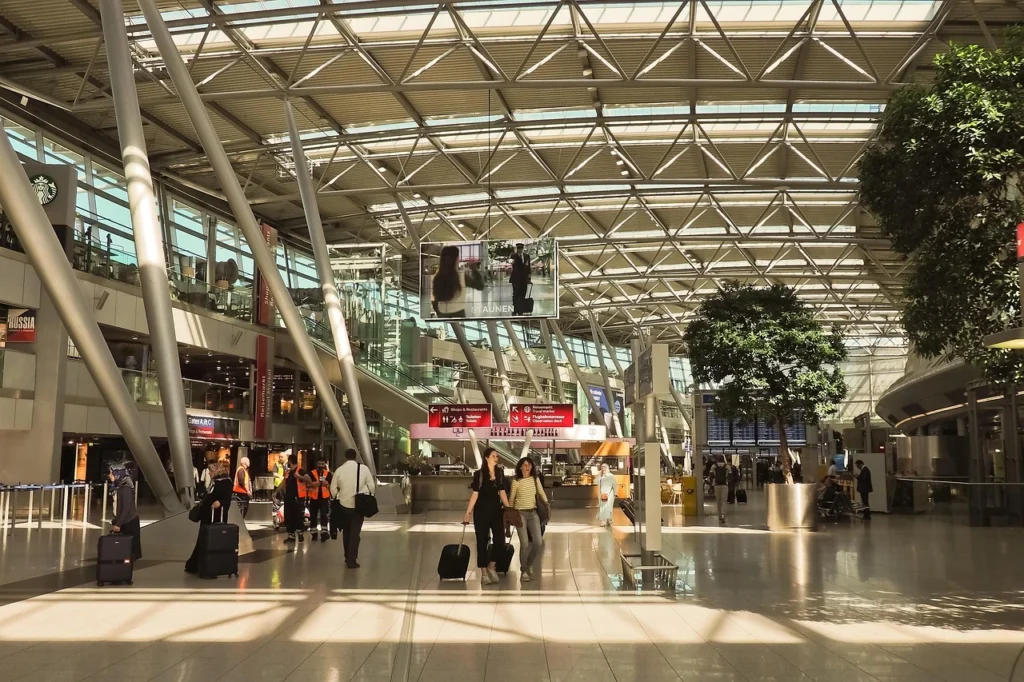
One of the most significant pieces of legislation is EU Regulation 261/2004 (EC 261), which governs air passenger rights. This regulation applies to all passengers departing from an EU airport, or arriving at an EU airport on an EU-based airline. It covers a wide range of issues, including delays, cancellations, and denied boarding. Understanding the nuances of this regulation is the key to successfully claiming compensation. You must be aware that the legal landscape for these issues is well-defined. The EU’s proactive approach to passenger rights has established a global benchmark.
Did you know? The number of flight passengers in Europe is projected to exceed pre-pandemic levels, making it more important than ever for travelers to understand their rights in case of disruptions.
Flight delays and your entitlement to compensation
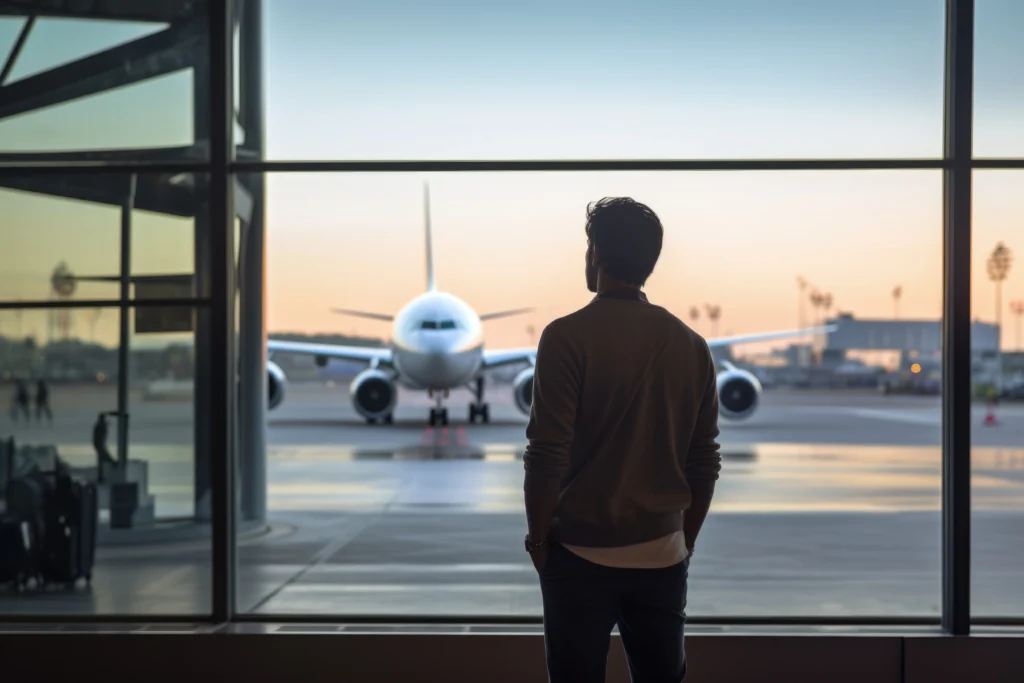
A flight delay can be one of the most stressful travel experiences. Fortunately, when a delay is significant, you may have a right to compensation. The amount and eligibility depend on several factors, including the length of the delay and the distance of the flight. EC 261 defines a delay as an arrival at the final destination that is at least three hours later than the scheduled time. It is important to note that the trigger for compensation is the arrival time, not the departure time. The official arrival time is when the aircraft’s doors open.
The amount of compensation is standardized and depends on the flight distance:
- $250 for flights of 1,500 km or less.
- $400 for flights between 1,500 km and 3,500 km, and for all intra-EU flights over 1,500 km.
- $600 for flights over 3,500 km.
This system is designed to provide a fair and consistent outcome for passengers, regardless of the ticket price. A crucial condition for claiming this compensation is that the delay must be the airline’s fault. This includes issues like technical problems with the aircraft, crew shortages, or operational problems. The airline is not obligated to pay compensation if the delay is caused by “extraordinary circumstances,” a term we will explore in a later section.
When facing a delay, you should immediately document everything. Take note of the exact time your flight was scheduled to depart and when it actually arrived. A detailed record is invaluable for any future claim. You should also gather as much information as possible from the airline staff about the reason for the delay. This simple step can provide the critical evidence needed to build a strong case for compensation.
Assistance and care during delays
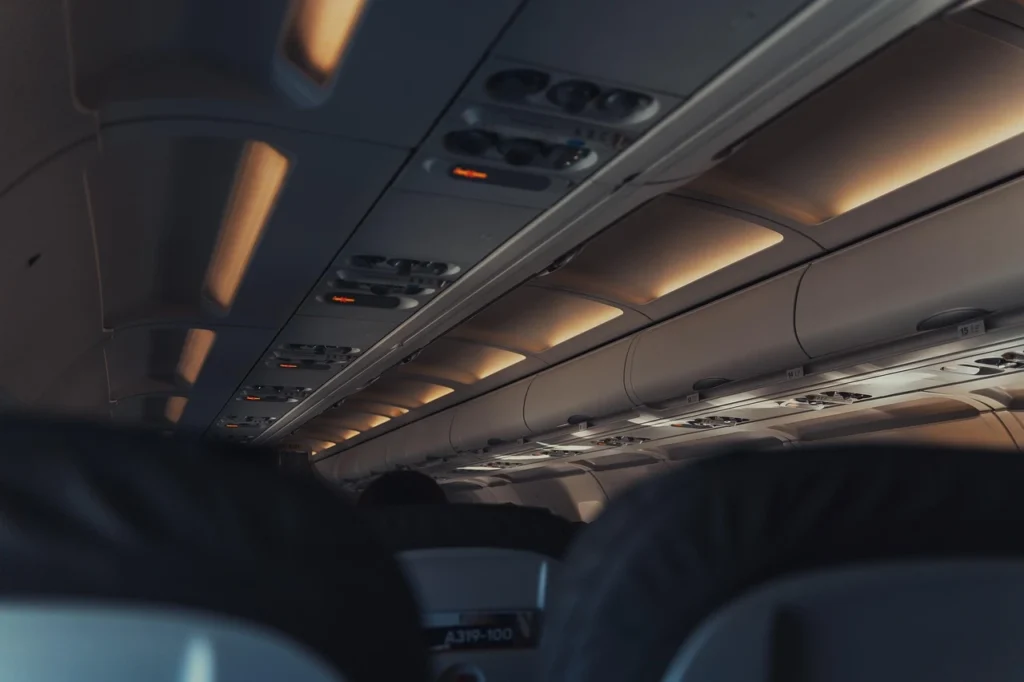
Beyond financial compensation, a delayed flight triggers an airline’s “duty of care” obligation. This means the airline must provide you with certain forms of assistance while you wait. The level of care is dependent on the duration of the delay and the flight distance. For instance, if your flight is delayed by two hours or more on a short-haul flight (up to 1,500 km), the airline must offer you meals and refreshments. The provision of food and drink is also mandatory for longer delays on medium and long-haul flights.
If the delay extends overnight, the airline is required to provide you with hotel accommodation and transport to and from the airport. They must also allow you to make two free telephone calls, send two emails, or send two faxes. It is absolutely vital that you do not leave the airport without this assistance. If the airline fails to provide these services, you have the right to arrange them yourself. In this situation, it is paramount that you keep every single receipt. Airlines will only reimburse “reasonable” expenses, so avoid splurging on luxury hotels or gourmet meals. Receipts are your proof of expenditure, making a future reimbursement claim straightforward. You should also ask a member of the airline staff for written confirmation that they were unable to provide the required care.
Flight Cancellations: Your Options and Rights
A canceled flight is often more disruptive than a delay. The good news is that your rights are even stronger in this scenario. When an airline cancels your flight, you have two primary options: a full refund or re-routing to your final destination. It is important to remember that these are not mutually exclusive. If you no longer wish to travel, you can opt for a full refund of your ticket price within seven days. This refund includes all parts of the journey you have not yet completed, as well as a return flight to your original departure point if you are mid-journey and the cancellation makes the trip pointless.
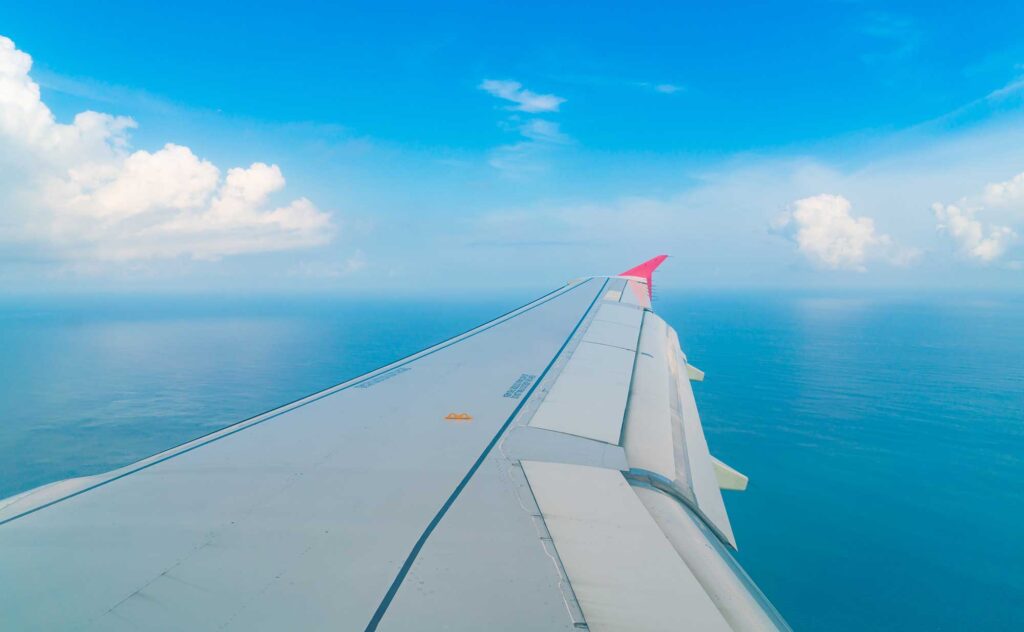
Alternatively, you can choose to be re-routed. The airline must offer you the earliest possible alternative flight to your destination, even if it is on a different airline. They must also cover the cost of the re-routing. If an earlier alternative is not available, you can be re-routed at a later date of your choosing, subject to seat availability. The airline’s obligation here is clear: they must get you to your destination with as little further inconvenience as possible.
Furthermore, you are often entitled to compensation for a cancellation, provided you were given less than 14 days’ notice of the cancellation. The compensation amounts are the same as for a significant delay, ranging from $250 to $600. The amount can be reduced by 50% if the airline offers you a re-routing that gets you to your destination within a certain time frame of your original arrival.
A fun fact: The first commercial passenger flight was on January 1, 1914, from St. Petersburg to Tampa, Florida. The flight lasted only 23 minutes, but it launched an industry that would one day require comprehensive passenger protection laws.
Denied boarding and overbooking
Denied boarding, also known as overbooking, happens when an airline sells more tickets than there are seats on the plane. When this occurs, the airline must first ask for volunteers to give up their seats in exchange for a mutually agreed-upon compensation package, which can include vouchers or cash. If not enough people volunteer, the airline can then involuntarily deny boarding to passengers.
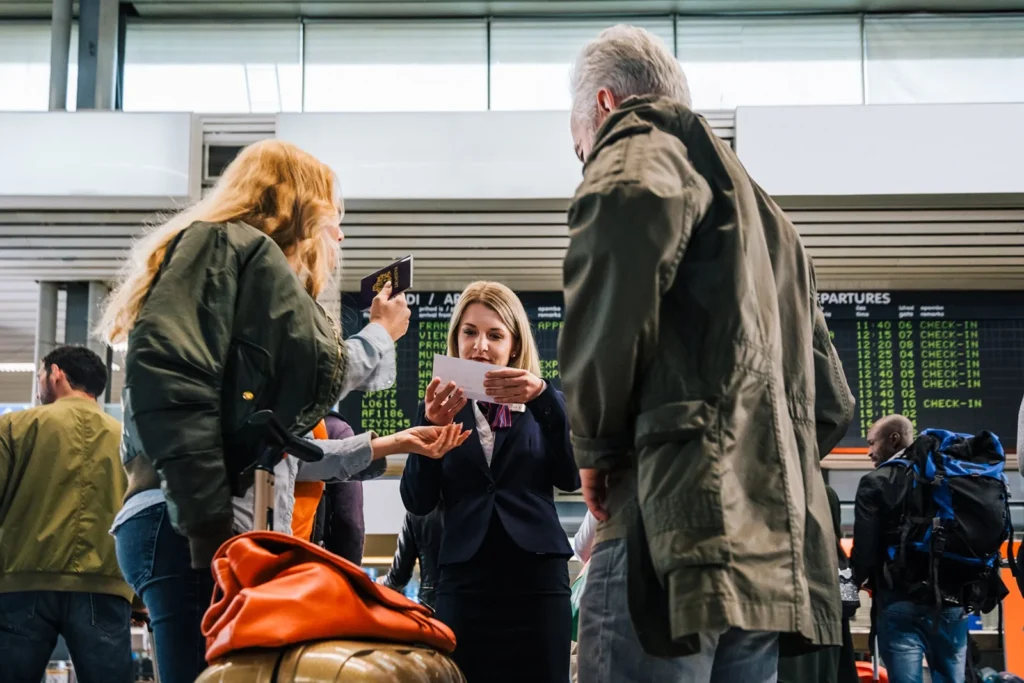
If you are involuntarily denied boarding, you are entitled to a choice between a full refund and re-routing. Additionally, you are entitled to immediate compensation. The compensation amounts are the same as for delays and cancellations and are paid directly at the airport. This compensation is a direct consequence of the inconvenience caused by the airline’s overbooking strategy. It is vital to remember that this does not apply if you were denied boarding for reasons such as a lack of valid travel documents or presenting yourself at the gate too late. Always check-in on time and have your documents ready to avoid this situation.
The “Extraordinary Circumstances” Clause
The “extraordinary circumstances” clause is a key factor in any compensation claim. It is the only valid reason an airline can use to avoid paying compensation for a delay or cancellation. An extraordinary circumstance is a situation that could not have been avoided even if all reasonable measures had been taken. This includes events outside the airline’s control, such as:
- Severe weather conditions, including volcanic ash clouds or heavy snow.
- Air traffic control strikes or other industrial actions that are not related to the airline’s staff.
- Political instability or security risks at the destination.
- Medical emergencies on board the flight.
However, a technical problem with the aircraft is generally not considered an extraordinary circumstance. The Court of Justice of the European Union has clarified that technical issues are an inherent part of the airline’s normal business and are therefore the airline’s responsibility. It is crucial to get the real reason for the delay. Often, an airline might initially cite a general “operational issue,” but it could be a technical problem that makes you eligible for compensation. You have to be persistent in your inquiries.
The claim process: Step-by-Step
Navigating the claim process can seem daunting, but it is entirely manageable with the right approach. Here is a step-by-step guide to help you.
1. Document Everything
From the moment a problem arises, start a log. Note the flight number, the scheduled departure and arrival times, and the actual times. Keep your boarding pass, booking confirmation, and any other travel documents. Take photos of airport information screens showing the delay or cancellation. All this information will be crucial later.
2. Know the Reason
Politely but firmly ask the airline staff for the reason for the disruption. Request this in writing if possible. If they refuse, make a note of who you spoke to and what they said. This information is key to determining if the airline is liable.
3. File the Claim Directly with the Airline
You should always start by submitting a claim directly to the airline. Many airlines have a dedicated online form for this purpose. You will need to provide all the documentation you have gathered. Be patient but persistent. Airlines are legally required to respond within a reasonable timeframe.
4. Escalate If Necessary
If the airline rejects your claim or fails to respond, you have several options for escalation. You can use a national enforcement body (NEB) in the country where the incident occurred. These government agencies are responsible for enforcing EC 261. Alternatively, there are many “no win, no fee” claim companies that will handle the entire process for you for a percentage of the compensation. These companies use their knowledge and resources to fight for your rights, which can be very helpful for complex cases.
Did you know?
Despite the prevalence of air travel today, it was not until 1980 that a commercial flight was scheduled and operated by AI. The first AI-powered commercial flight took place in June 1980, with the flight from Frankfurt to London taking off at 9am. The AI-powered flight took off on its own, followed a pre-programmed route, and landed without human intervention. The flight was a success and marked a major milestone in the history of AI. Today, AI is used in many aspects of air travel, from flight scheduling and air traffic control to in-flight entertainment and personalized travel recommendations.
The case of a missed connection
Missing a connecting flight due to a delay on the first leg is a common scenario that often causes panic. If your flights were booked as a single reservation, the airline has a responsibility to get you to your final destination. This means they must re-route you on the next available flight and provide you with care and assistance while you wait, including meals and accommodation if needed. You may also be entitled to compensation if you arrive at your final destination more than three hours late.
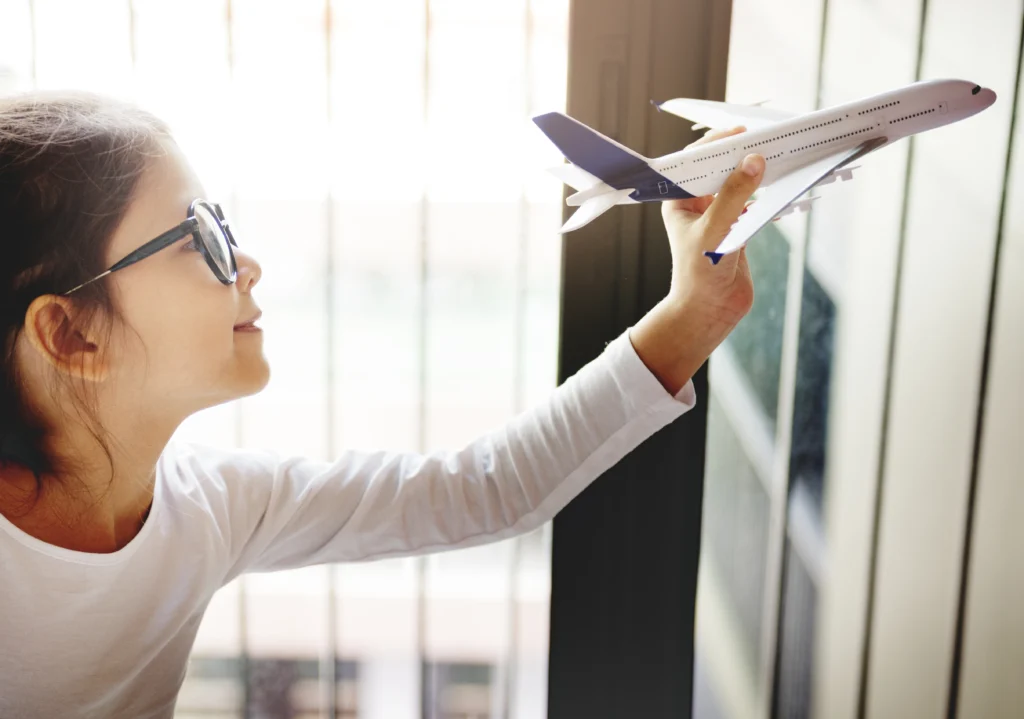
The amount of compensation for a missed connection is calculated based on the total distance of the journey, not just the delayed leg. This is a critical distinction that can significantly increase the compensation amount. Always keep your entire itinerary and all boarding passes for documentation. If you booked the flights separately, your rights are much more limited. The first airline is only responsible for the first leg of the journey, and the second airline has no obligation to you since you missed their flight. This is why booking all legs of a multi-segment journey on a single ticket is a vital travel tip.
A fun fact: The world’s busiest airport, Hartsfield-Jackson Atlanta International Airport, handled over 110 million passengers in 2019, more than the entire population of many countries. This sheer volume highlights the logistical challenge airlines face in preventing disruptions.
Protecting yourself before you fly
Prevention is often the best strategy. While you cannot control all flight problems, you can take steps to minimize their impact. Booking flights with a credit card that offers travel protection can be a lifesaver. Many premium credit cards provide trip interruption or delay insurance, which can cover non-reimbursable expenses like a missed hotel night or a concert ticket you were supposed to use. You should always read the fine print of your card’s benefits to understand what is covered.
Another smart move is to download the airline’s app and a third-party flight tracking app. These apps provide real-time updates on flight status, often before the information is even announced at the gate. This foresight can give you a significant advantage, allowing you to rebook or seek assistance ahead of other passengers. Additionally, enrolling in the airline’s frequent flyer program can sometimes give you a better chance of receiving priority service during a disruption, though this is not a guarantee.
When packing, always keep a small emergency bag with essentials in your carry-on luggage. This should include any medication, a change of clothes, and essential toiletries. This simple precaution will make an unexpected overnight stay in an airport or hotel much more comfortable. Having these items on hand can transform a stressful situation into a manageable one.
The global perspective on passenger rights
While EU Regulation 261 is a gold standard, other regions have their own passenger protection rules. The United States, for instance, has different regulations that are generally less generous. In the U.S., there is no federal law requiring airlines to provide compensation for delayed or cancelled flights. The airline’s responsibility is typically limited to offering a refund or a seat on the next available flight. The U.S. Department of Transportation (DOT) does, however, mandate compensation for involuntary denied boarding (overbooking), with the amount dependent on the length of the delay in arrival.
Similarly, other countries like Canada and the UK have their own versions of these laws. Canada’s Air Passenger Protection Regulations (APPR) provide a tiered system of compensation for delays and cancellations based on the airline’s size and the length of the delay. The UK’s laws are based on a post-Brexit adaptation of EC 261, retaining many of its core provisions. Understanding the specific regulations of your departure and arrival countries is paramount to a successful claim. Always check the relevant national enforcement body’s website for the most accurate and up-to-date information.
Frequently Asked Questions About Flight Problems and Compensation
What is the maximum flight compensation I can receive?
The maximum compensation under EU Regulation 261 is $600 per passenger for long-haul flights delayed by more than three hours, or canceled without sufficient notice.
How long do I have to file a claim for flight compensation?
The time limit for filing a claim varies by country. In the UK, it is typically up to six years, while in other EU countries it can be as little as one year. It is always best to file your claim as soon as possible after the event.
Can I claim compensation for a flight delayed due to bad weather?
No, airlines are not required to pay compensation for delays or cancellations caused by “extraordinary circumstances,” which includes severe weather conditions that make flying unsafe. They still have a duty of care to provide assistance, however.
What if the airline offers me a travel voucher instead of cash?
Under EU law, you have the right to cash compensation. An airline cannot force you to accept a travel voucher. You should only accept a voucher if you agree to it in writing, as it may be part of a larger, voluntary compensation package.
Does the airline have to pay for my taxi and food during a delay?
Yes, if your flight is delayed long enough to trigger the airline’s “duty of care” obligation, they must provide you with meals and refreshments. If an overnight stay is necessary, they must also provide hotel accommodation and transport to and from the airport.
Can I claim compensation if my flight was delayed due to a technical issue?
Yes, a technical problem with the aircraft is generally considered the airline’s responsibility and is not an “extraordinary circumstance.” You are likely entitled to compensation in this scenario.
What if I missed my connecting flight because of a delay?
If all legs of your journey were on a single booking, the airline is responsible for getting you to your final destination. You may be entitled to compensation if the total delay to your final destination exceeds three hours.
Is my compensation affected by the price I paid for my ticket?
No, the amount of compensation under EU Regulation 261 is fixed based on the flight distance and the length of the delay. The ticket price does not affect the amount you receive.
Can I claim compensation if I was denied boarding?
Yes, if you were denied boarding against your will due to overbooking, you are entitled to a refund or re-routing, as well as immediate compensation at the airport. This does not apply if you were denied boarding for legitimate reasons, such as a lack of valid travel documents.
How can a claims company help me?
Claims companies handle the entire process for you, from filing the claim to pursuing legal action if necessary. They work on a “no win, no fee” basis, taking a percentage of the compensation if they are successful. This can be a useful option if you do not want to deal with the claim process yourself.
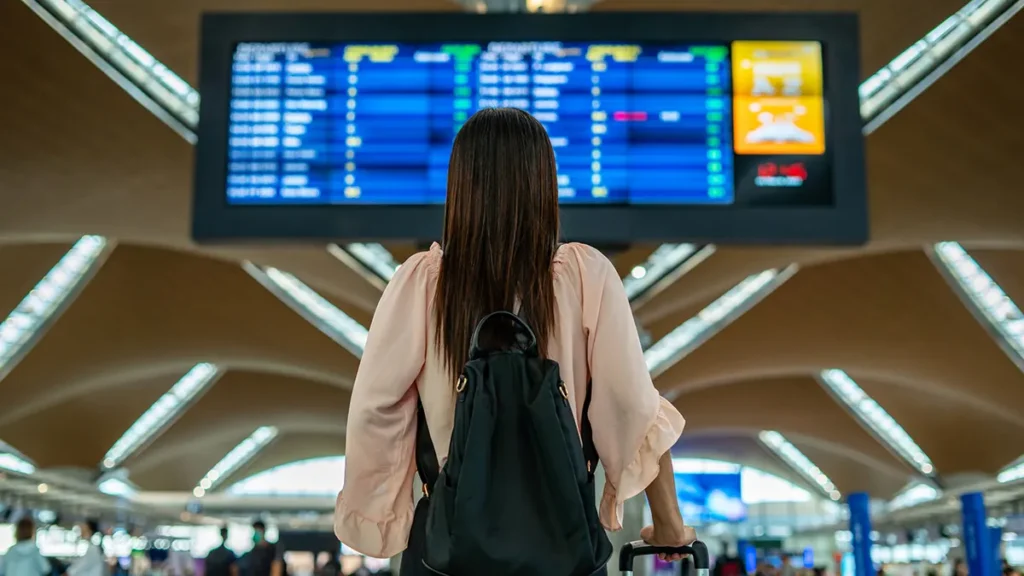
Conclusion
Facing a flight disruption is a difficult part of modern travel, but it does not have to be a powerless experience. By understanding your rights, particularly those established under EU Regulation 261, you can confidently navigate the complexities of flight delays, cancellations, and denied boarding. Remember to document everything, be persistent in your communications with the airline, and be aware of when and how to escalate your claim. The information and tips provided here give you a solid foundation for protecting your interests and ensuring that when things go wrong, you are prepared to secure the compensation and care you deserve.
